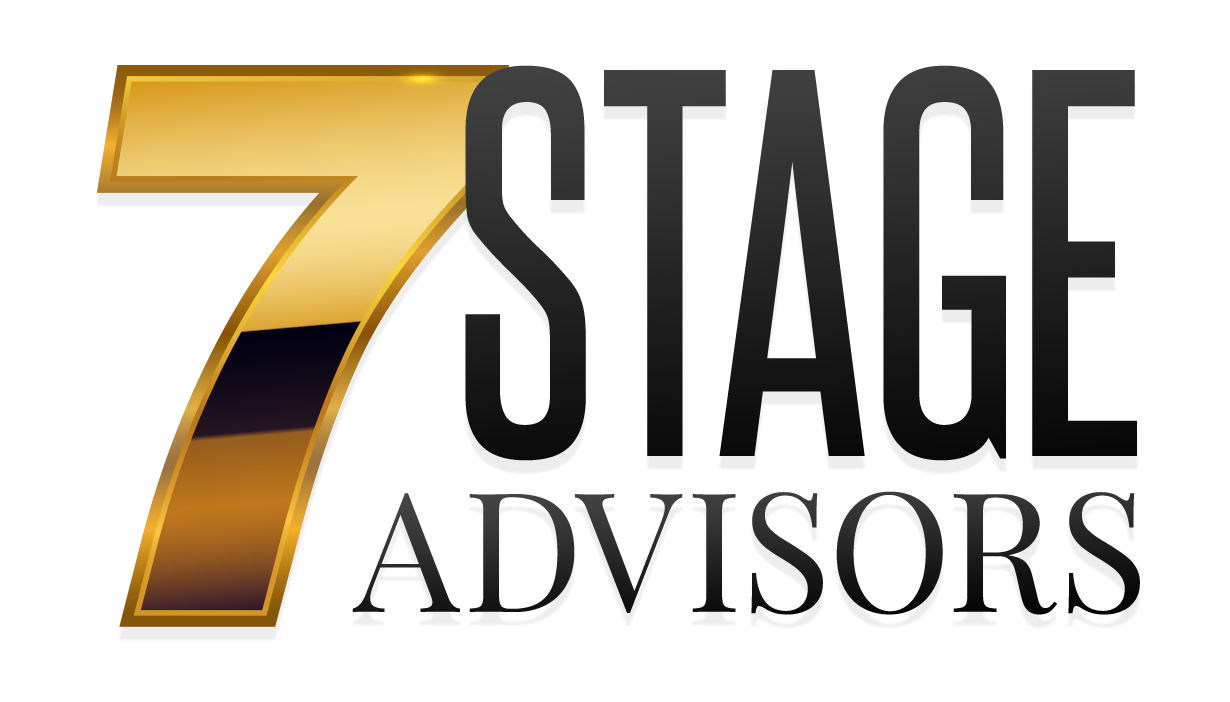I’m one of the best salespeople I know. I’m a trained public speaker who has sold hundreds of millions in products and merchandise. But I always rely on scripts when selling. So, I have to roll my eyes when someone tells me, “I don’t need a script,” or “I want to do my own thing,” or “I’ll know how to respond in the moment.” No matter how good you think you are, you need a sales script to be better.
I get it. Sales teams hate scripts. They think they’ll sound false, like a robot, or like a person reciting from memory. But what actually happens is memorization increases confidence, allows salespeople to address objections effectively, and actually helps them be more creative in the moment. After all, when you memorize the script, you can answer questions, even get off track, and still return to the script without missing a beat or forgetting to mention critical points.
Watch What the Pros Do
I have worked with several standup comedians in my speaking career. The good ones make it look easy and natural when they’re on stage. But the truth is that they have rehearsed that material over and over and over again. They know the exact moment to walk to stage left. They plan out when to make fun of a certain kind of person – a man, a woman, a couple – because they’re working on getting a particular response to walk stage right and make another point. Since they are so well-rehearsed, they know when to go with the moment and veer off-script because they have the material down pat. They won’t get lost. They can return to the routine anytime and not miss a beat.
That’s what pros do. They memorize and prepare to handle objections (or questions or heckling) without getting off track.
Scripts Protect the Salesforce
A well-rehearsed script ensures consistency and increases confidence. But the process also protects your staff…from themselves. There will be pushback, but a solid sales script sets the offer up properly and responds to objections, which helps your team succeed.
Scripted responses to objections are critical because your teams will want to give in to the prospect. Some salespeople are heart-led servants who just want to help. These good-natured souls are buying into the stories of the prospect: “I don’t have the money,” or “I don’t have the time,” or “I can’t understand what you’re telling me.” They want to serve the client, so they’ll cut the price. Or they’ll promise a little bit more for the same cost. But once your sales team starts cutting deals, they’ll realize, “Wait a minute, if I make these shortcuts up front, I get this done a little bit easier and efficiently.” And that’s a problem for your margins and your delivery systems.
The second reason is that your team members don’t buy into your process or offer. And because they don’t buy into it, they’ll agree with a client’s objections. “Oh, yeah, I know. This is expensive. I thought the same thing. So, I’ll tell you what. I got a little authorization for a discount.” These salespeople are afraid of the no. They haven’t internalized your value. They don’t have well-researched responses to objections. So, they fold.
The Power of Practice
Earlier in my career, I worked with a sales organization that required everyone to memorize scripts, word for word, with no exceptions. They used language I would never use, and I was absolutely convinced that if I stuck to their script, I would fail.
However, the sales trainer reassured me that this script was well-researched and compelling. They told me to use it on sixty appointments. And if I still had concerns, they would revisit the script with me.
So, I swallowed my pride and memorized the script until I knew it was cold. Memorization was a critical part of my success. I’ve since learned that the act of memorizing has a whole set of benefits. When you memorize, the information is stored in a different part of your brain, forcing you to master the content rather than just familiarize yourself with it. When you memorize something, it is committed to your long-term memory instead of your working memory. This means that you can execute the script while also connecting with your prospect and making all those little split-second decisions that determine whether the sales call goes well or disastrously. In other words, you can think two ways at once.
And what about my sixty sales calls? The script worked great. I closed tons of sales. And I gave up on my initial reservations about my wording or script. I realized that I had been given access to a proven script. It was a gift that made me more successful, and I used it verbatim.
Monitoring Use of Scripts
At 7 Stage Advisors, our well-researched and refined script delivers a very high close rate. Every salesperson is asked to use it, word for word. It has a proven conversion percentage. When a salesperson has lower-than-average conversion rates, I call them in to discuss their performance. During that talk, we explore how they are using the script. More often than not, underperformers are not using it, have not memorized it, or are trying their own sales strategies.
When researching and refining your script, study the associated close rates. Once you have a solid average, it will be easy to see when a salesperson is not meeting expectations, and the next step is to investigate their familiarity with the script.
Want to Learn More About Consistently Higher Sales Conversions?
At 7 Stage Advisors, we help companies grow predictably, and one way we do that is to systemize the sales process. If you want to learn more about sales scripts, shoot me an email, and let’s start talking.

